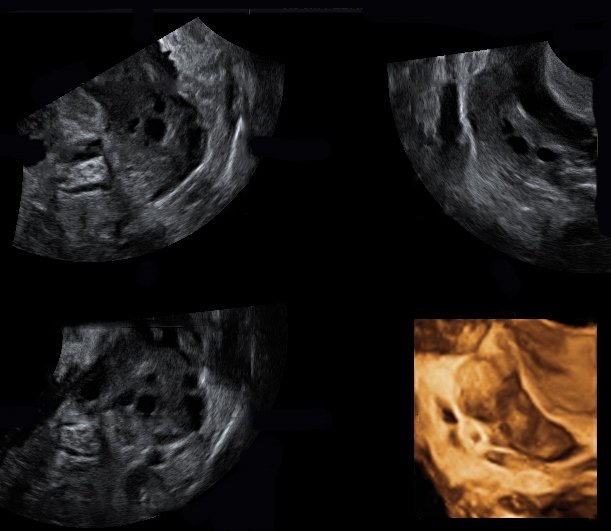
The risk of ectopic pregnancy following in vitro fertilisation (IVF)
An ectopic pregnancy is a pregnancy that occurs outside the uterus. The most common place for this to happen is in the Fallopian tubes and it impedes progress of the pregnancy.
In vitro fertilisation was traditionally believed to potentially increase the risk of this pathology.
A study published in the Fertility and Sterility journal covered this subject in detail and, further to analysis of over 100,000 cycles of in vitro fertilisation (IVF) performed in the United States of America between 2008 and 2011, the following result was obtained: 1.38% of all these cycles led to an ectopic pregnancy. Furthermore, the most significant discovery was that the risk of an ectopic pregnancy increases when fresh embryos rather than frozen embryos are transferred.
These circumstances only apply when treatment entails use of the patient’s own oocytes. However, during egg donation (patients who receive donated oocytes), the chances of an ectopic pregnancy are the same as when fresh or previously-frozen embryos are transferred.
Results suggest that the ovarian stimulation itself that is performed in order to obtain oocytes entails changes to the environment in the Fallopian tubes and the uterus and that this could increase the risk of complications.
This is, therefore, yet another argument in favour of performing transfer of frozen embryos during an alternative cycle to the one used for ovarian stimulation (transfer during a delayed or posterior cycle).
Dr Rafael Bernabeu, Medical Director at Instituto Bernabeu.
